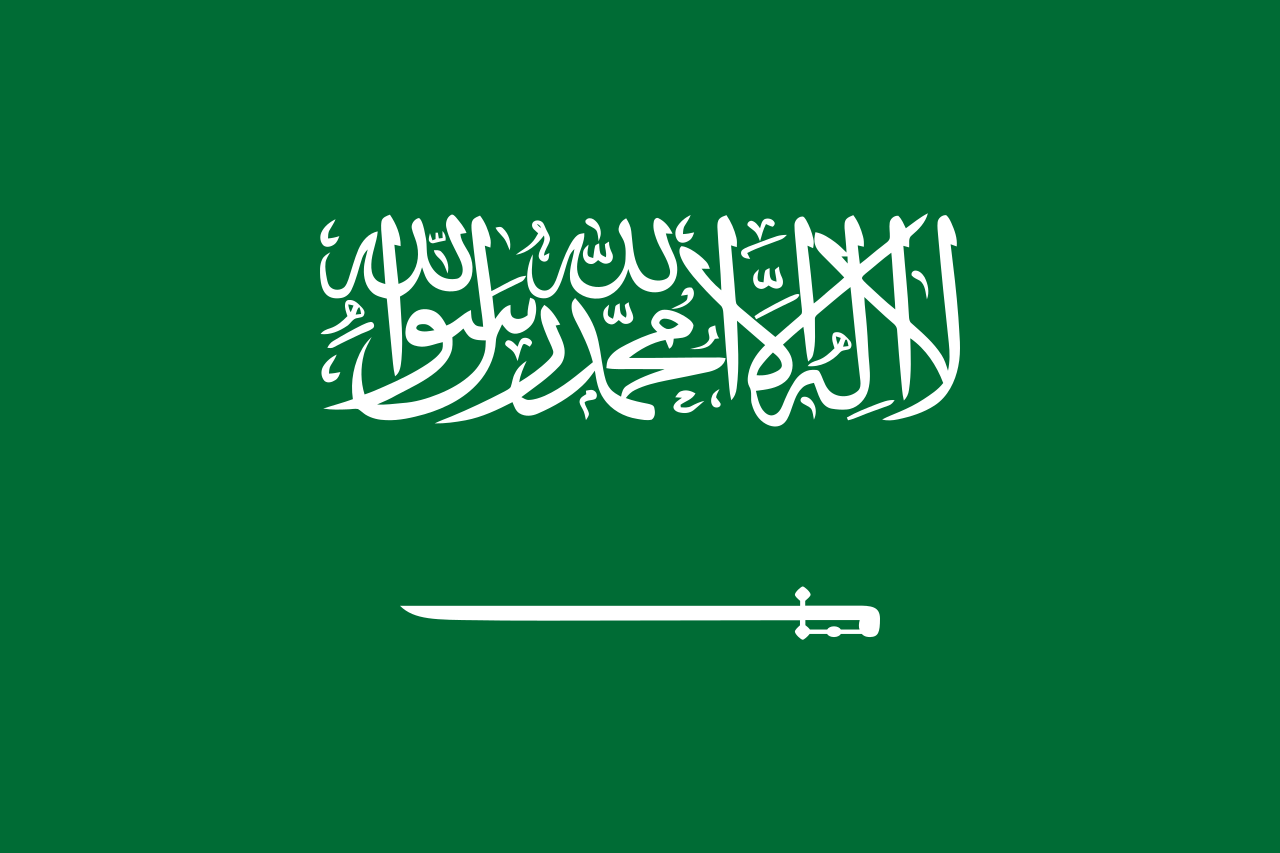Introduction:
It can be said that the development of governmental or private institutions, improving performance, and developing human resource capabilities are among the basic objectives pursued by the institutions through planned and deliberate change. These institutions face today a range of challenges and threats related to efficiency, effectiveness, and profitability; as well as challenges related to the renewable environment, high competition, globalization, total quality, balanced performance, team building, attention to creativity, excellence, customer satisfaction and ambition levels. There is a challenge related to maintaining consistency between organizational dimensions such as organizational culture, organizational climate, strategic planning, the face of renewable technology, and the information and knowledge revolution. Institutions will be able to meet these challenges only through their distinguished and creative human resources, which can lead our organizations and institutions to change, innovation, development, leadership, excellence, standing in the first ranks, not the ranks of the ordinary.
Targeted Groups:
- Head of Departments
- Managers
- HR Managers
- HR Professionals
- Project Planning
Course Objectives:
At the end of this course the participants will be able to:
- Assist HR staff in judging how much the human resources contribute to the achievement of the Organization's objectives.
- Identify the characteristics of the creative and distinct that organizations need to work in.
- Identify the human resources management system.
- Identify the pillars which HR managers based on.
- Gain knowledge of administrative excellence skills and evaluate and improve the results of work.
- Understand why the imperative of excellence and improve the results of work.
- Identify interviewing skills.
- Learn how to perform functional tests.
- Learn how to evaluate staff performance.
Targeted Competencies:
- Strategi planning
- Performance management
- Manpower planning
- Recruitment & Interviewing
- Analytical thinking
- HR Administration
- Analyzing Creating job descriptions
- Balance ScoreCard
Course Content:
Unit 1: Skills of Administrative Excellence and Evaluation and Improvement of Work Results:
- System of evaluating and improving the results of work.
- Excellence and administrative improvement in light of global changes.
- Aspects of excellence and administrative improvement.
- The imperative of excellence and improvement of work results.
- The basic principles that excellence and administrative improvement based on.
Unit 2: Intellectual Principles and Basic Principles of Human Resources Management:
- The pillars which human resources managers are based on to achieve excellence and creativity.
- Concept, importance, and objectives.
- Human resources management system.
- Different approaches to human resources management developments.
- Principles and scientific foundations for human resources management.
Unit 3: Manpower Planning:
- The concept and importance.
- The stages of manpower planning.
- Who plans human resources?
- The means of attracting the workforce which is characterized by creativity.
- Stock skills and methods of forecasting human resources.
- Human resources planning difficulties and how to face them.
Unit 4: Selection, Recruitment, and Interviewing Skills:
- Selection and recruitment system.
- Scientific steps of selection and recruitment process.
- Conduct psychological, practical, and editorial tests.
- Interviewing skills.
- Test values as the basis for placing the right person in the appropriate jobs.
- Features of creative and distinct persons.
Unit 5: Functional Evaluation of The Performance of Human Resources:
- Employees performance standards.
- Importance and uses.
- Setting performance measures.
- Functional performance assessment methods.
- The prejudices of the evaluators and how to overcome them.
- Evaluators.
Unit 6: Features and Challenges of The Globalization Age and Their Impact on The Management of Organizations:
- The features of the globalization era and its impact on organizations.
- The technological, economic, cultural, and social challenges.
- Future vision in light of the challenges of the globalization.
- Manager’s Keys to the global.
Unit 7: Human Resources Management and Its Role in The Light of Globalization:
- Human resources management objectives.
- Human resources management functions.
- Challenges to human resources management.
- The role of human resources management in the context of globalization.
Unit 8: Planning Human Resource Needs in Light of The Challenges of The Era:
- The importance of human resources planning.
- The influencing factors in the human resources planning process.
- The bad model of human resources planning.
- Human resources planning steps.
- Methods of forecasting human resources.
- Analysis of supply and demand of human resources.
Unit 9: Analysis of Work and Job Descriptions is an Introduction to Performance Improvement:
- Job analysis and its importance in modern organizations.
- Analysis of work and administrative performance.
- Methods of analyzing jobs in various organizations.
- Methods of work analysis.
- Describe functions and build optimal performance levels.
Unit 10: Planning and Developing The Human Resources Career Path:
- The importance of career planning in organizations.
- The main variables affecting career planning.
- Responsibility of career planning.
- The used methods to discover career paths.
- Track maps or staff ladder.
- Career management.
Unit 11: Strategic Management of Human Resources and Administrative and Organizational Development:
- The importance of strategic management of human resources.
- Administrative development and its components in modern organizations.
- The objectives of administrative development.
- The methods of the administrative development.
- The organizational development and its objectives.
- The main approaches to organizational development.
Unit 12: Building a Leadership Strategy by Implementing a Balanced Performance Card B.S.C:
- The strategic challenges in the Arab organizations.
- The management and performance measurement.
- Performance measurement criteria and indicators.
- The stages of establishing performance measurement systems.
- Balanced Scorecard. (BSC)
- Balanced Scorecard elements.
- The main axes of the balanced performance card system.
- The requirements for a successful Balanced Scorecard application.
 العربية
العربية





